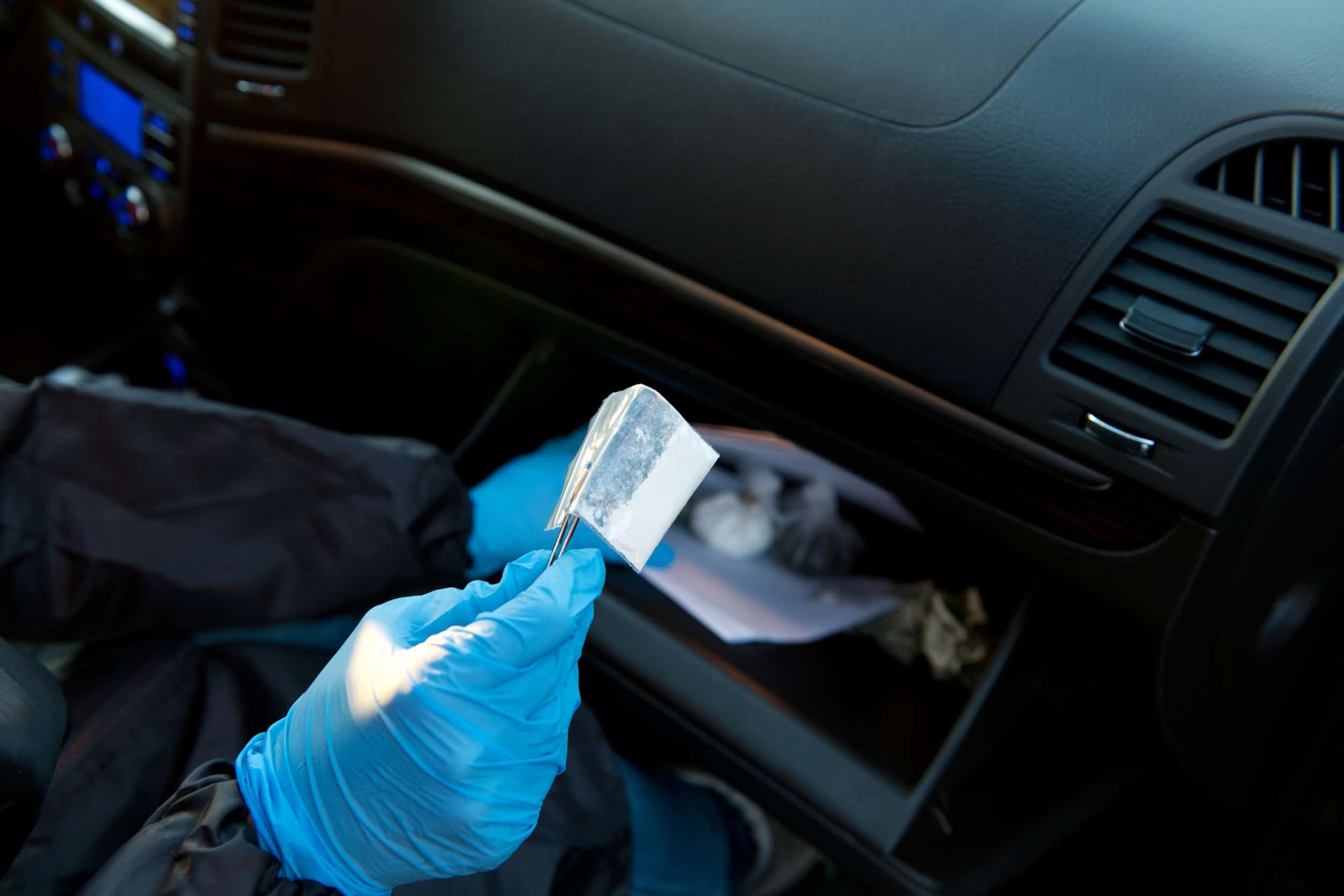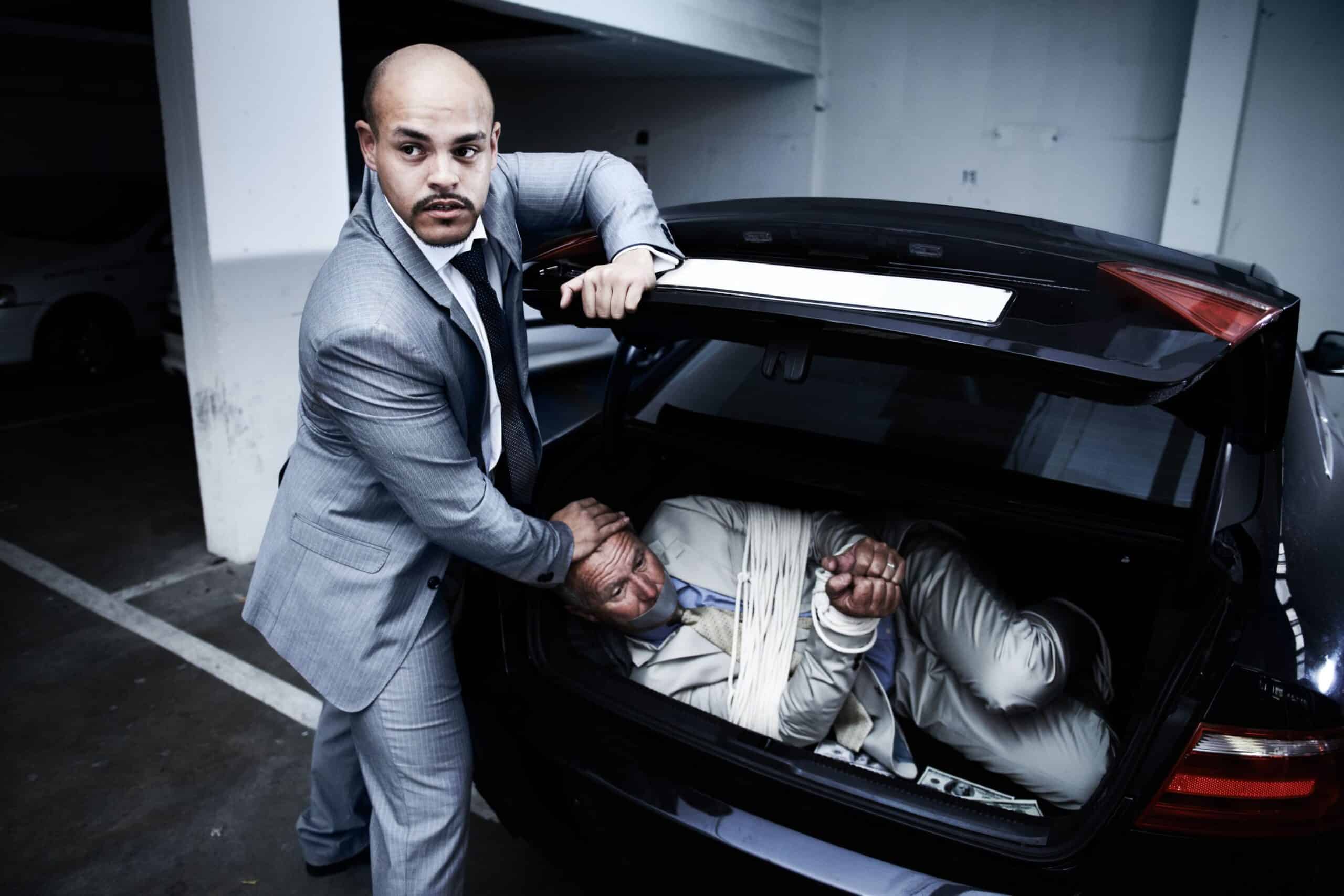MN Drug Possession: Are Car Passengers At Risk of Arrest?

Andrew & Poole, P.A.
Everyone has been a passenger in another person’s car. When you get a ride from someone or accompany a friend or family member somewhere, the last thing you expect is that it could end in criminal charges for you – but it can happen.
If a vehicle in which you are the passenger is pulled over and searched, and drugs are found – what kind of legal jeopardy can you as a passenger be in? The answer is not as clear as you may hope or think. Read on to find out what you need to know as a passenger and your rights in a case regarding drug possession charges.
What Is Drug Possession in Minnesota?
The first thing you have to understand is how the law defines drug possession. In Minnesota, drug possession is defined in a few ways. There is actual possession, shared possession, and constructive possession.
It’s this last type of drug possession that can come into play if you are simply a passenger in a car but did not have actual drugs on your person. Constructive possession occurs when drugs were not directly on your person but in areas where you had control, such as a vehicle’s glove box. If you have drugs on your person and are searched, then that is actual drug possession.
Proving Constructive Possession
The state will be required to prove a few things in order to establish that you had constructive possession of a drug – and to be able to convict you for it. They have to show that you knew the drug was present in the vehicle and that you had the ability to control the drugs.
So, if you knew the drugs were in the car and knew they were illegal, you can face the consequences of drug possession charges.
What Are the Penalties of Drug Possession?
If the state is able to prove the case for drug possession against you, then you face some serious consequences. The type of drug you are accused of possessing and the amount will inform the charges and ultimately the penalties, but in general, they are:
First Degree Drug Possession
This can result in as many as 30 years in prison and fines of as much as $1 million.
Second Degree Drug Possession
If you are found guilty of this, then you can face up to 25 years behind bars and fines of as much as $500,000.
Third Degree Drug Possession
You can face up to 20 years behind bars for this offense and pay as much as $250,000 in fines.
Fourth Degree Drug Possession
A prison sentence of as much as 15 years is associated with this offense, as well as fines of $100,000.

Fifth Degree Drug Possession
For fifth-degree possession, you can face incarceration for up to five years and fines of as much as $10,000.
It can be a shock to end up with a drug possession charge when you were simply riding in someone else’s car. But the bottom line is that, if you knew of the drugs and could have control over them, then a drug possession conviction may be in your future.
That’s why it’s vital to understand the charges against you and your rights in the situation with the help of an experienced attorney. That will give you the best chance for a favorable outcome in your case.
About the Author:
A former Assistant Public Defender for the Sixth Judicial District in Duluth and former staff attorney for the Indian Legal Assistance Program, Brent R. Olson is an experienced trial lawyer who has appeared in every Courthouse in the Sixth Judicial District and taken over three dozen cases to verdict. At LaCourse, Poole & Envall, Mr. Envall focuses on family law, workers’ compensation, and criminal defense. He has a strong belief in restorative justice and helped to develop the Domestic Violence Restorative Circles program.
















